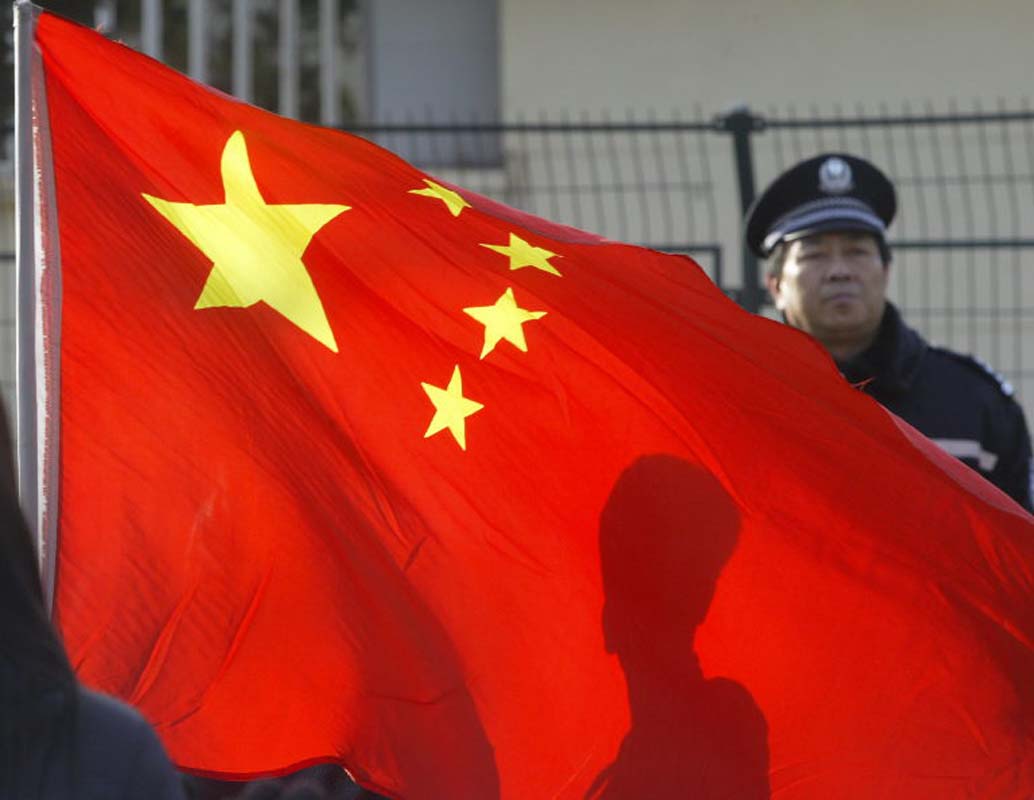
403
Sorry!!
Error! We're sorry, but the page you were looking for doesn't exist.
Chinese scientists arrive in Tanzania’s Zanzibar to enhance Schistosomiasis control efforts
(MENAFN) The third group of Chinese specialists for the second phase of a China-supported schistosomiasis control project has arrived on Unguja Island in Tanzania’s Zanzibar, advancing bilateral collaboration on public health initiatives.
The team, which arrived Tuesday, conducted a smooth handover with their predecessors and officially began the next phase of prevention and control measures across Unguja and Pemba islands, according to Wang Wei, the new team leader.
Upon arrival, the experts consulted with local authorities, including the Zanzibar Ministries of Health and Water, Energy, and Minerals, the Zanzibar Health Research Institute, and the Neglected Tropical Diseases offices on both islands. They also inspected water systems and hospital-based surveillance sites to evaluate conditions and progress.
Wang noted that the team will leverage previous epidemiological data to implement a comprehensive schistosomiasis control strategy in Unguja’s demonstration area. This plan will focus on safe water provision, snail vector management, diagnosis and treatment, and health education, while integrating advanced technologies such as nucleic acid testing, AI-assisted identification systems, and environmental DNA detection to provide early warnings and monitor high-risk water bodies.
“We are committed to applying China's proven schistosomiasis control experiences and technologies in a way that suits local conditions,” Wang said.
The team, which arrived Tuesday, conducted a smooth handover with their predecessors and officially began the next phase of prevention and control measures across Unguja and Pemba islands, according to Wang Wei, the new team leader.
Upon arrival, the experts consulted with local authorities, including the Zanzibar Ministries of Health and Water, Energy, and Minerals, the Zanzibar Health Research Institute, and the Neglected Tropical Diseases offices on both islands. They also inspected water systems and hospital-based surveillance sites to evaluate conditions and progress.
Wang noted that the team will leverage previous epidemiological data to implement a comprehensive schistosomiasis control strategy in Unguja’s demonstration area. This plan will focus on safe water provision, snail vector management, diagnosis and treatment, and health education, while integrating advanced technologies such as nucleic acid testing, AI-assisted identification systems, and environmental DNA detection to provide early warnings and monitor high-risk water bodies.
“We are committed to applying China's proven schistosomiasis control experiences and technologies in a way that suits local conditions,” Wang said.

Legal Disclaimer:
MENAFN provides the
information “as is” without warranty of any kind. We do not accept
any responsibility or liability for the accuracy, content, images,
videos, licenses, completeness, legality, or reliability of the information
contained in this article. If you have any complaints or copyright
issues related to this article, kindly contact the provider above.


















Comments
No comment